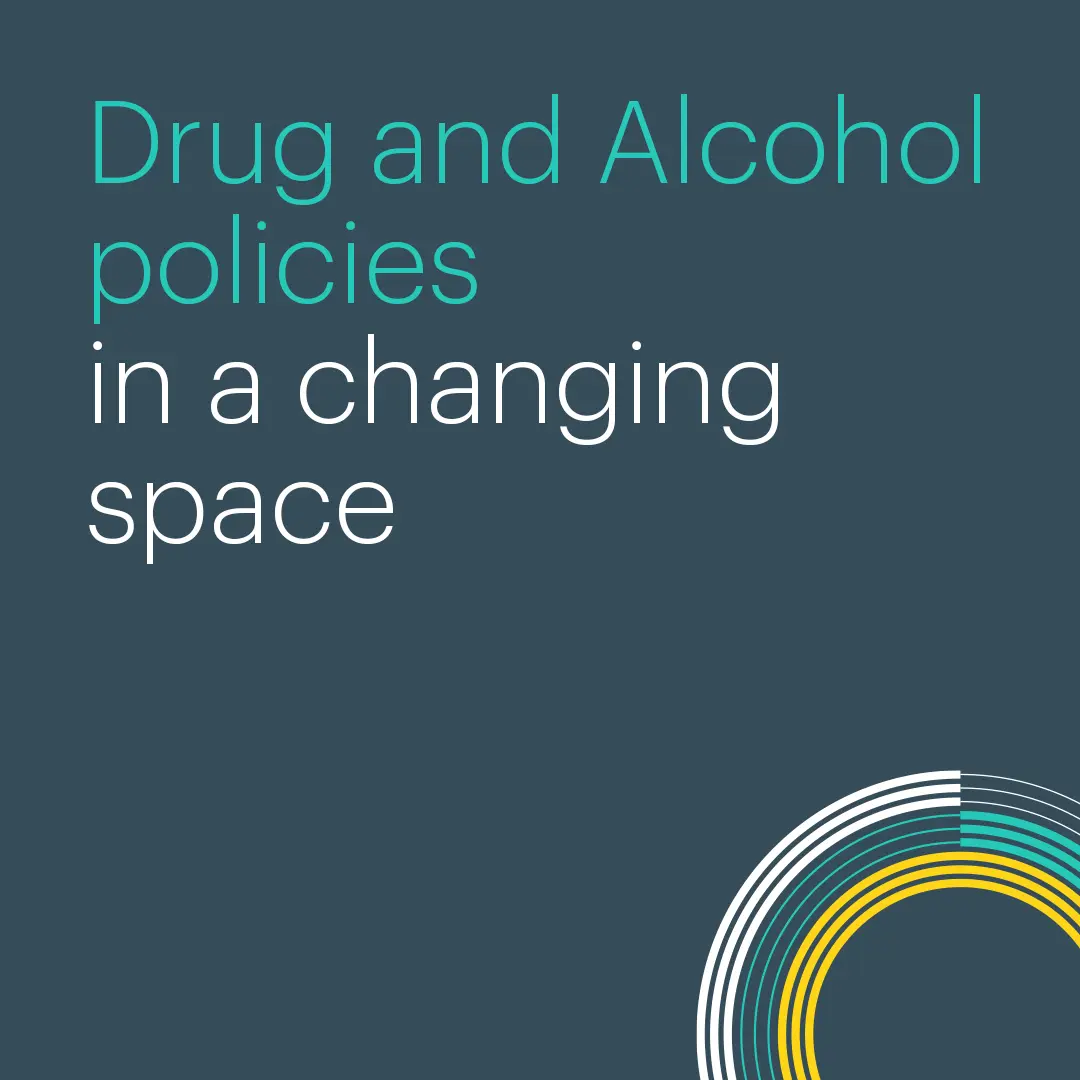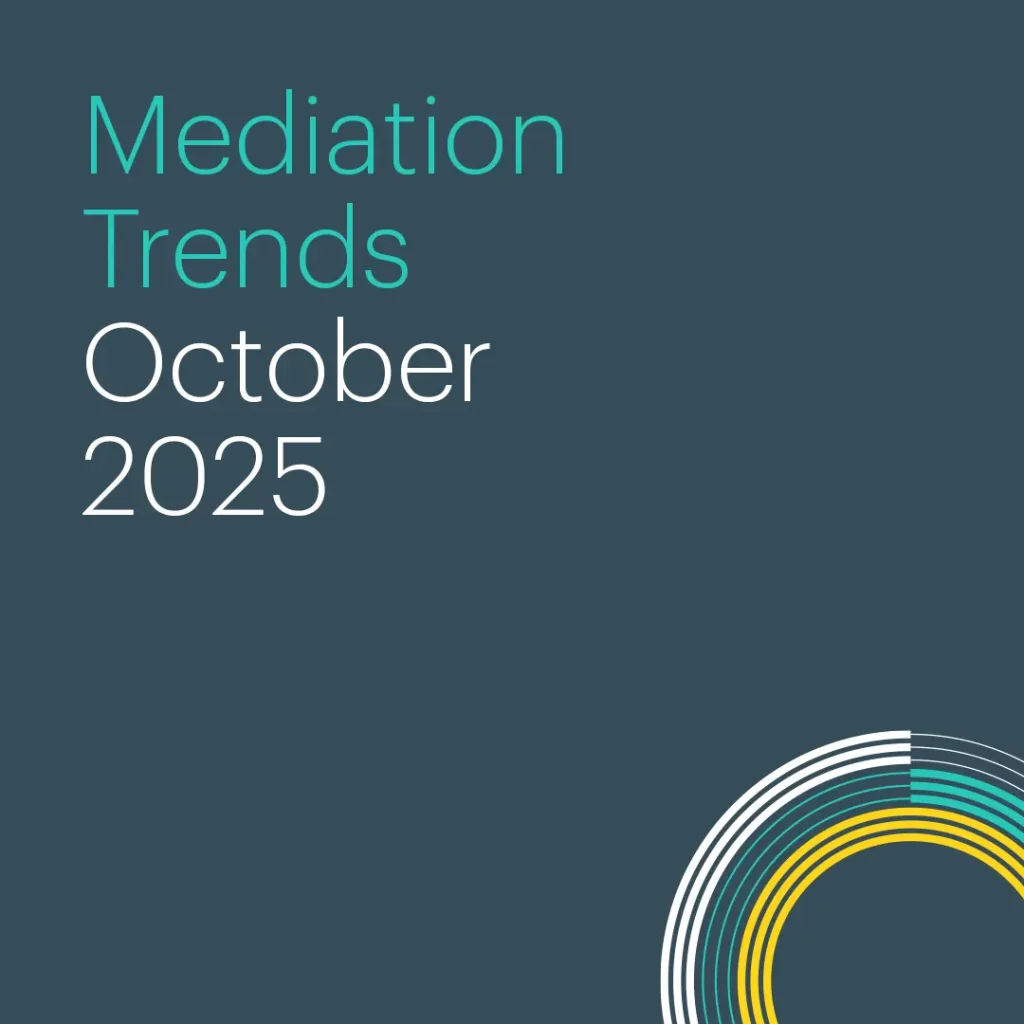Many businesses in New Zealand have staff out on the road or in safety-sensitive workplaces on a daily basis. With the Coalition Government’s proposed legislation to allow roadside drug testing, this often complicated issue has become a focal point again after a long period of relative quiet, with potential implications for drug and alcohol policies.
Add to the mix the introduction of the Medicinal Cannabis Scheme in 2020, and drug and alcohol policies are in a changing space. Senior Associate Raymond Wheeler writes about what employers should be considering to prepare for the changes.
Update: Legislation to allow roadside drug testing has passed its third and final reading as of March 2025, with changes due to take effect in December 2025.
—
Medicinal cannabis in the workplace in New Zealand
Cannabis in New Zealand is synonymous with recreational drug use and remains a Class C drug, illegal to possess or consume.
However, the Medicinal Cannabis Scheme has legalised a platform for people to access and legitimately use cannabis when appropriately prescribed.
This can then create uncertainty if a non-negative result is returned during testing for cannabis: is the result due to recreational or prescribed use?
Ensure your drug and alcohol policies are up to date and fit for purpose
For any employer, a good place to start in being prepared for this situation is to review its current drug and alcohol policies. Look to update these if necessary to consider the legal status of medicinal cannabis, and consider whether saliva or swipe testing (vs urine) is accurate enough to survive third-party scrutiny.
Employees are normally required in drug and alcohol policies to disclose what medications they are taking, and this should be encouraged. For staff working in safety-sensitive roles, this requirement is vital so that employers are aware when an employee has been prescribed medicinal cannabis, what – if any – side effects it may have, and what the impact may be on their ability to safely perform the work they are employed to do.
What to do if an employee has tested positive for medical cannabis
If this situation arises, it would be critical for an organisation to work with its employees and medical professionals to ensure the balance of the parties’ obligations to the Health and Safety at Work Act and the NZS/AS standards of its drug and alcohol policies are not breached.
There is also the added complexity of the employee rights under the Human Rights Act (which protects employees from discrimination based on disability, for which medical cannabis may now be prescribed under the Medicinal Cannabis Scheme).
What to look out for around medicinal cannabis in the workplace
A trend being observed is that when an employee has tested non-negative under a drug and alcohol policy, the employee subsequently presents a prescribed medicinal cannabis medical certificate, and the contentious and complex debate continues.
If you would like support to ensure your drug and alcohol policies are fit for purpose to manage changing legislation, and the implications of medicinal cannabis use in the workplace, please get in touch.





